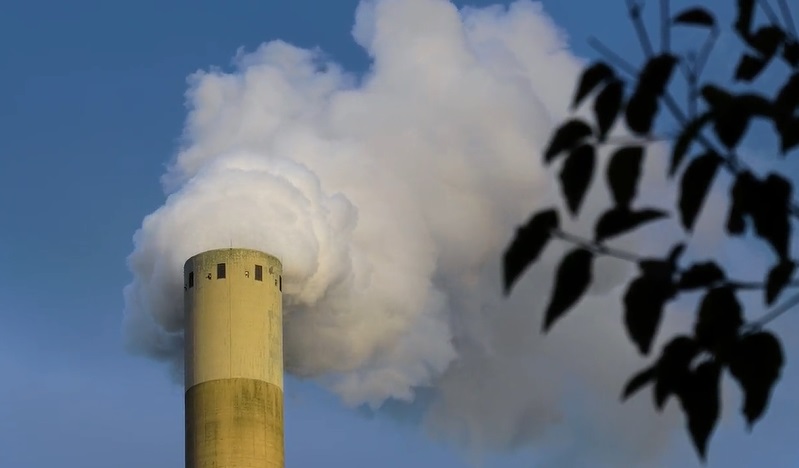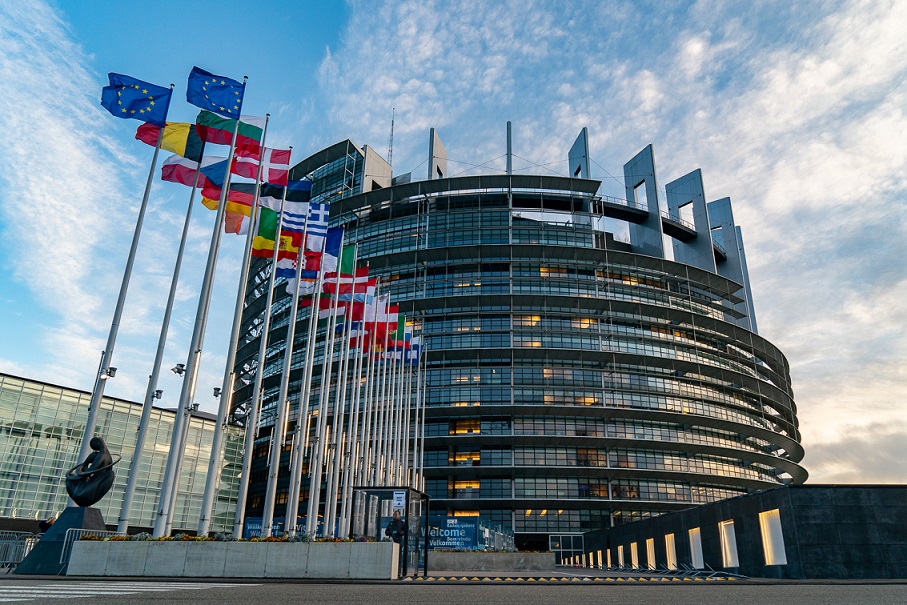EU Invests Over €2 Billion of Emissions Trading Revenue into Clean Energy Infrastructure Projects
The European Commission announced today investments of €2.2 billion in clean energy projects in lower-income member states, with the new disbursements funded by revenues from the EU Emissions Trading System (EU ETS).
Allocations for the projects were made through the EU’s Modernisation Fund. Launched in 2018, with disbursements beginning in 2021, the fund was designed to support the modernization of energy systems and energy efficiency improvements at ten EU countries with lower incomes, including Bulgaria, Croatia, Czechia, Estonia, Hungary, Latvia, Lithuania, Poland, Romania, and Slovakia, using EU ETS revenues.
With the new allocations, the Modernisation Fund’s disbursements to date climb to €9.7 billion, including €2.5 billion announced in June 2023, bringing the program for 2023 to €4.7 billion, supporting 50 projects.
Romania and Czechia were the largest beneficiaries of the program in 2023, with allocations of €2.2 billion and €1.8 billion, respectively, for projects including renewable electricity production, electricity network modernization, rolling stock modernization and gas infrastructure to facilitate replacing coal-powered generation in Romania, and achievement of a higher energy standard for public buildings and coal-to-gas district heating conversion in Czechia.
Maroš Šefčovič, Executive Vice-President for European Green Deal, said:
“With disbursements of €4.66 billion this year across nine countries, we will contribute to advancing towards our 2030 climate and energy targets while reaping the benefits of the green transition. These investments exemplify our commitment to tackle climate change and support Member States on their path to climate neutrality.”
Established in 2005, the European Emission Trading System puts a price on carbon emissions for key GHG intensive sectors, including electricity and heat generation, oil refineries, steel, cement, paper, chemicals, and commercial aviation, among others. Earlier this year, EU lawmakers agreed to increase the EU ETS’ scope, raising the direct emissions reductions required by covered sectors, and expanding the system to new sectors. The EU ETS is now expected to generate revenues of approximately €40 billion from 2020-2030.
Under the revised ETS, the Modernisation Fund will expand to include three new countries, including Greece, Portugal, and Slovenia.
Wopke Hoekstra, Commissioner for Climate Action, said:
“The model of making polluters pay for their emissions, and directing the revenues to investments that support climate action, is at the heart of the European Green Deal. The Modernisation Fund shows how driving down emissions via the ETS helps to speed up the energy transition.”





